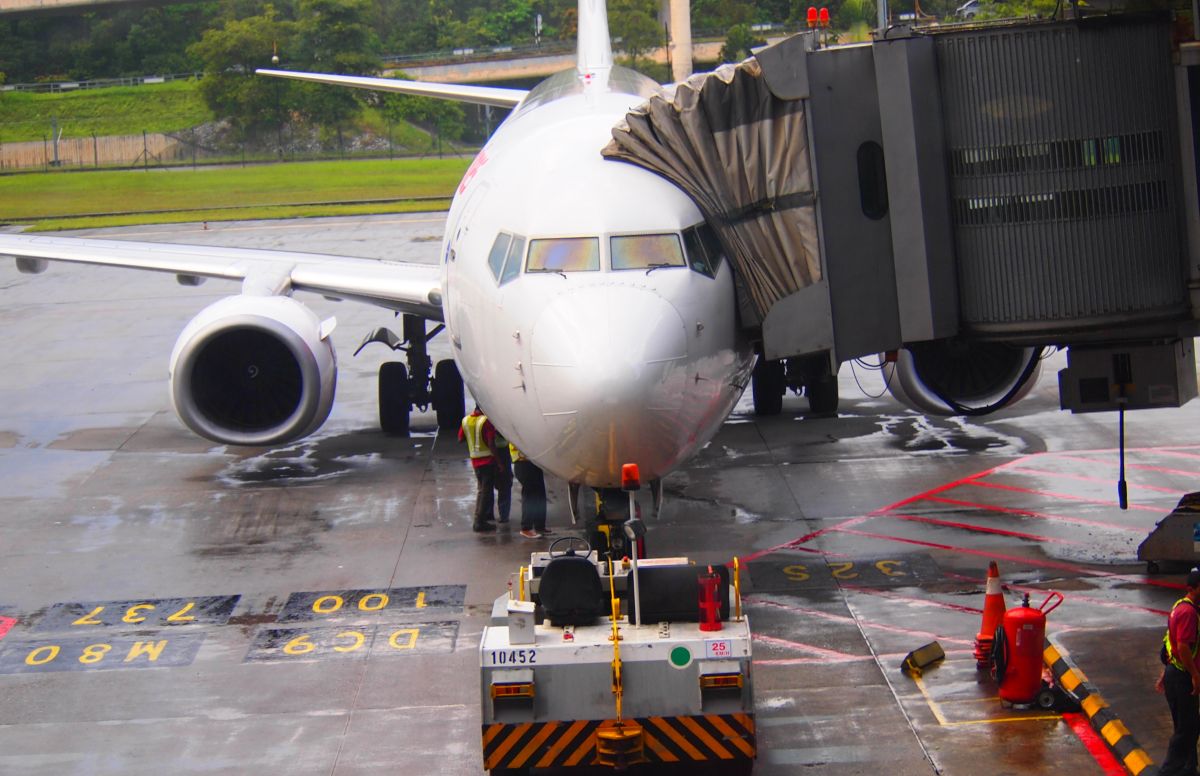The US government notified airlines serving airports in eight majority-Muslim countries that airlines will have to prevent their passengers from carrying on tablets, laptops, or digital cameras on all flights from those airports to the US. The US has been considering the tablet and laptop ban for some time due to reports that militant groups want to smuggle explosive devices in electronic gadgets, like tablets and laptops.
Tablet and laptop ban
Air travel remains a priority target for terrorists. The US government Officials said that passengers still could take their cellphones and other small devices into the cabin of the airplane. But, items like tablets, laptops and digital cameras would have to be stowed with the luggage so they cannot be accessed during the flight.
Affected US-bound flights
Listed below are ten airports in eight countries whose US-bound flights will be affected:
Cairo International Airport – Egypt
Mohammed V Airport – Morocco
Queen Alia International Airport – Jordan
Ataturk International Airport – Turkey
Kuwait International Airport – Kuwait
Hamad International Airport – Qatar
King Abdulaziz International Airport – Saudi Arabia
King Khalid International Airport – Saudi Arabia
Abu Dhabi International Airport – United Arab Emirates
Dubai International Airport – United Arab Emirates
Intentionally or not, this is negative for almost all airplane companies except US carriers, and it especially affects the Gulf carriers. At the moment, no US carriers are said to be impacted by the US laptop ban.
This is so because none has direct flights from the listed airports to those in the United States. These airlines were forced to set new standards of service, especially for business class passengers. So, anyone from workaholic executives to business managers flying business class with these carriers who used to find the cabins glowing electronic devices, cannot use their flight time to catch up on work anymore.
Air company giants have come up with a bunch of concepts
Air company giants like Emirates, Etihad, and Qatar Airways have come up with a bunch of concepts that counter the US tablet and laptop ban. They offer their valuable passengers some solutions, while they are still following the regulations of not allowing tablets, laptops and other electronic gadgets in the airplane cabin.
Emirates was the first major airline to respond to the dilemma passengers were facing. So, if you fly with Emirates, for example, you are allowed to use your tablet or laptop right up until boarding the airplane.
You will then need to hand over the device to a member of staff, who will securely store it in the cargo compartment, thus maximize safety to aircraft, occupants, and goods.
It is worth to mention that anyone who’s transiting through the affected airports will be without their favorite electronic devices from the onset of their trip. For example, if you are traveling from Mumbai, India to New York, NY via Doha, Qatar, your tablet will have to be checked in Mumbai even though it’s not one of the airports on the banned list.
This decision of the US government for tablet and laptop ban has upset the big U.S. carriers who say the subsidized carriers are exploiting agreements to steal passengers who would otherwise cross the Atlantic on their airlines.
Australia is the next country to follow the US and will conduct some additional security checks on air travelers flying directly from Muslim-majority countries in the Middle East to prevent security threats.





[…] some concepts on the best way to enhance communication. The following are tips that managers with abroad staff usually observe: Keep frequent workplace hours. Email chains can take so much longer than telephone […]